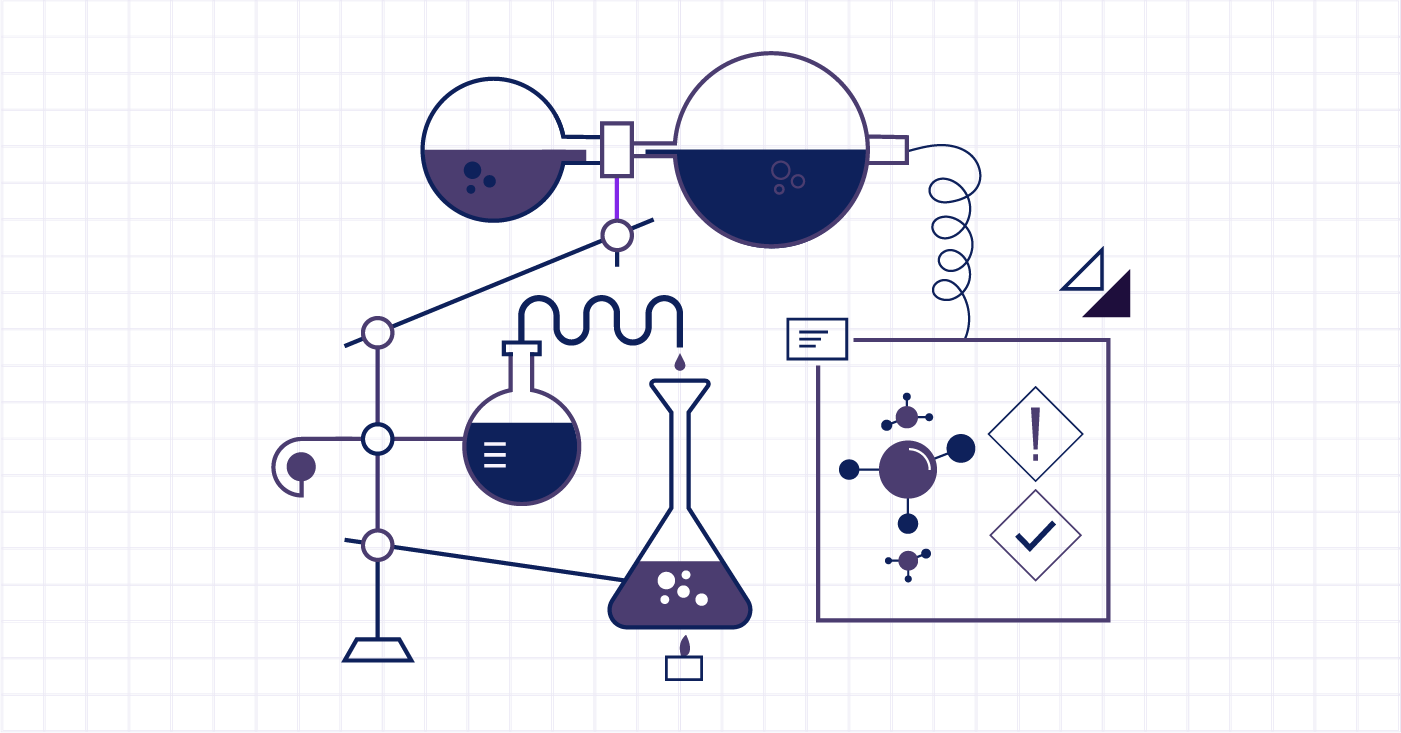Introduction
Google I/O stands as one of the most pivotal events in the tech industry, with its announcements shaping technological advancements and trends globally. For CoreiBytes, a leading mobile app development firm, Google I/O represents an opportunity to stay at the forefront of innovation. With a team of proficient tech experts, CoreiBytes eagerly anticipates the unveiling of Google’s latest developments, particularly those focused on enhancing user wellbeing.
Understanding Google I/O
Google I/O is an annual conference hosted by tech giant Google, where it unveils its major product releases and innovations for the upcoming year. While primarily targeted at developers, the event holds significance for tech enthusiasts and industry professionals alike, as it sets the tone for the evolving tech landscape. The conference features in-depth technical sessions on building web, mobile, and enterprise applications, emphasizing open-source platforms and fostering innovation.
Historical Context
Since its inaugural event on May 28th, 2008, Google I/O has emerged as one of the most influential and anticipated tech gatherings globally. Initially conceived as a two-day affair, the conference quickly gained traction within the tech community, prompting Google to expand its duration to three days in 2012. This extension allowed for a more comprehensive exploration of emerging technologies and facilitated deeper engagement with attendees.
In its early years, Google I/O found its home at the Moscone West conference center in San Francisco. This venue provided a fitting backdrop for the event’s inaugural editions, serving as a hub for developers, tech enthusiasts, and industry leaders eager to explore Google’s latest innovations. However, as the conference’s popularity surged and attendance numbers swelled, it became evident that a larger venue was necessary to accommodate the growing demand.
In response to this need, Google made the strategic decision to relocate Google I/O to the Shoreline Amphitheatre in Mountain View. This spacious outdoor venue offered ample seating capacity and versatile facilities, allowing Google to host larger crowds and stage more elaborate presentations. The move to Mountain View not only enhanced the conference experience for attendees but also signaled Google’s commitment to fostering innovation in its Silicon Valley backyard.
Throughout its evolution, Google I/O has remained true to its developer-centric roots. While the conference has expanded its scope to encompass a broader audience, developers have always been at the forefront of its agenda. From unveiling groundbreaking technologies to providing in-depth technical sessions, Google I/O has consistently served as a platform for developers to connect, collaborate, and innovate.
As Google I/O enters its second decade, it continues to evolve in response to shifting industry trends and emerging technologies. With each passing year, the conference builds upon its rich legacy, reaffirming its status as a premier destination for tech enthusiasts and industry insiders alike. From its humble beginnings to its present-day prominence, Google I/O stands as a testament to Google’s unwavering commitment to pushing the boundaries of innovation and shaping the future of technology.
Expectations from Google I/O 2018
The upcoming Google I/O conference, scheduled from May 8th to May 10th at the Shoreline Amphitheatre in Mountain View, CA, has generated significant anticipation. With a focus on machine learning and artificial intelligence (AI), Google is expected to unveil substantial updates across its major products. One of the highlights includes the introduction of Android P, the latest iteration of the Android operating system. Google’s commitment to AI-driven developments is evident through initiatives like offering free machine learning courses and rebranding its research division as Google AI.
Potential Highlights
Google’s advancements in AI are poised to revolutionize various products and services. Google Photos, for instance, is anticipated to receive AI enhancements, enabling features such as automated movie creation and intelligent photo editing. Moreover, Google Maps is expected to undergo significant improvements, integrating Google Assistant for enhanced navigation experiences. The integration of machine learning and AI into Google Assistant will empower users with capabilities like making calls on their behalf, marking a significant leap in voice assistant technology.
Conclusion
As Google I/O 2018 approaches, the tech community eagerly awaits the unveiling of groundbreaking developments that will shape the future of technology. With a focus on machine learning, AI, and product enhancements, Google aims to redefine user experiences across its ecosystem. For CoreiBytes and other tech enthusiasts, Google I/O represents an invaluable opportunity to stay abreast of the latest trends and innovations in the tech industry. As the conference unfolds, the tech world awaits with bated breath to witness the next wave of Google’s transformative offerings.





